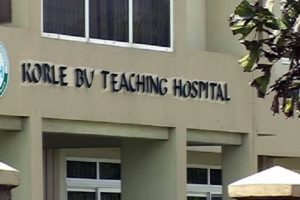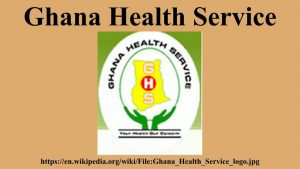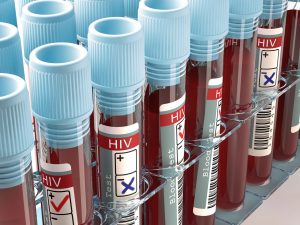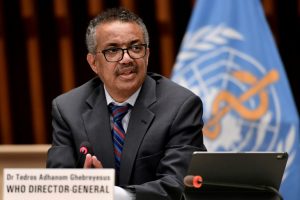The Government has given financial clearance for the recruitment of 20,084 nurses this year, Dr. Anthony Nsiah-Asare, the Director General of the Ghana Health Service (GHS) has announced.
He said the appointment of the newly-recruited nurses are being processed and they would be posted by April, this year.
Confirming the validity of the President’s pronouncement that the government was recruiting the 2016 batch of bonded nurses as stated in last week’s State of the Nation Address, he said the President did not peddle falsehood.
“The process to engage them has already begun, but due process must be followed, to get everything properly done,” Dr Nsiah Asare emphasized.
Speaking at the Ashanti Regional 2018 Annual Performance Review Meeting of the GHS in Kumasi, he said more nurses and other health workers would be engaged this year considering the numerous hospital projects currently going on across the country.
“About four out of the six hospital projects in the Region would be completed by the close of the year and the expectation was that more health workers would be recruited by government”, he added.
The theme chosen for this year’s performance review was, “Strengthening Health System to Improve Maternal and Newborn Health”.
Dr. Nsiah-Asare said his vision for the health sector was to leverage Information Communication Technology (ICT) to promote access to quality health services.
This, he said, informed the introduction of various innovative strategies including; plans to use drones to deliver blood and essential supplies to remote parts of the country as well as rolling out telemedicine in all regions.
He said the year under review marked the first year of the implementation of the new Health Sector Medium Term Development Plan, spanning 2018 to 2021.
According to him, plans were designed to transition the health sector from the Millennium Development Goals (MDGs), to achieving the Sustainable Development Goals (SDGs).
“The new Health Sector Medium Term Development Plan, apart from focusing on the SDGs, also lays emphasis on the achievement of the Universal Health Coverage”, he stated.
Dr Nsiah Asare said as part of measures to improve monitoring and evaluation, plans were advanced to provide one pick-up vehicle for every district and a motorbike for each sub-district.
Dr. Emmanuel Tinkorang, the Ashanti Regional Director of Health Services, disclosed that institutional neonatal mortality rate during the year under review dropped from 13.6/1000 live births to 9.3/1000 livebirths.
He said there was however an increase in institution maternal mortality rate from 139/100,000 to 184.4/100,000, while maternal deaths increased from 162 in 2017 to 221 in 2018.
Top five causes of Out Patient Department (OPD) attendance in 2018 were malaria, acute respiratory infections, rheumatism and joint pains, diarrhea and anaemia.
He mentioned inadequate vehicles at all levels, large numbers of uncompleted health infrastructure and delayed reimbursement of national Health Insurance (NHIS) claims as some of the challenges in the region.
Source: GNA






